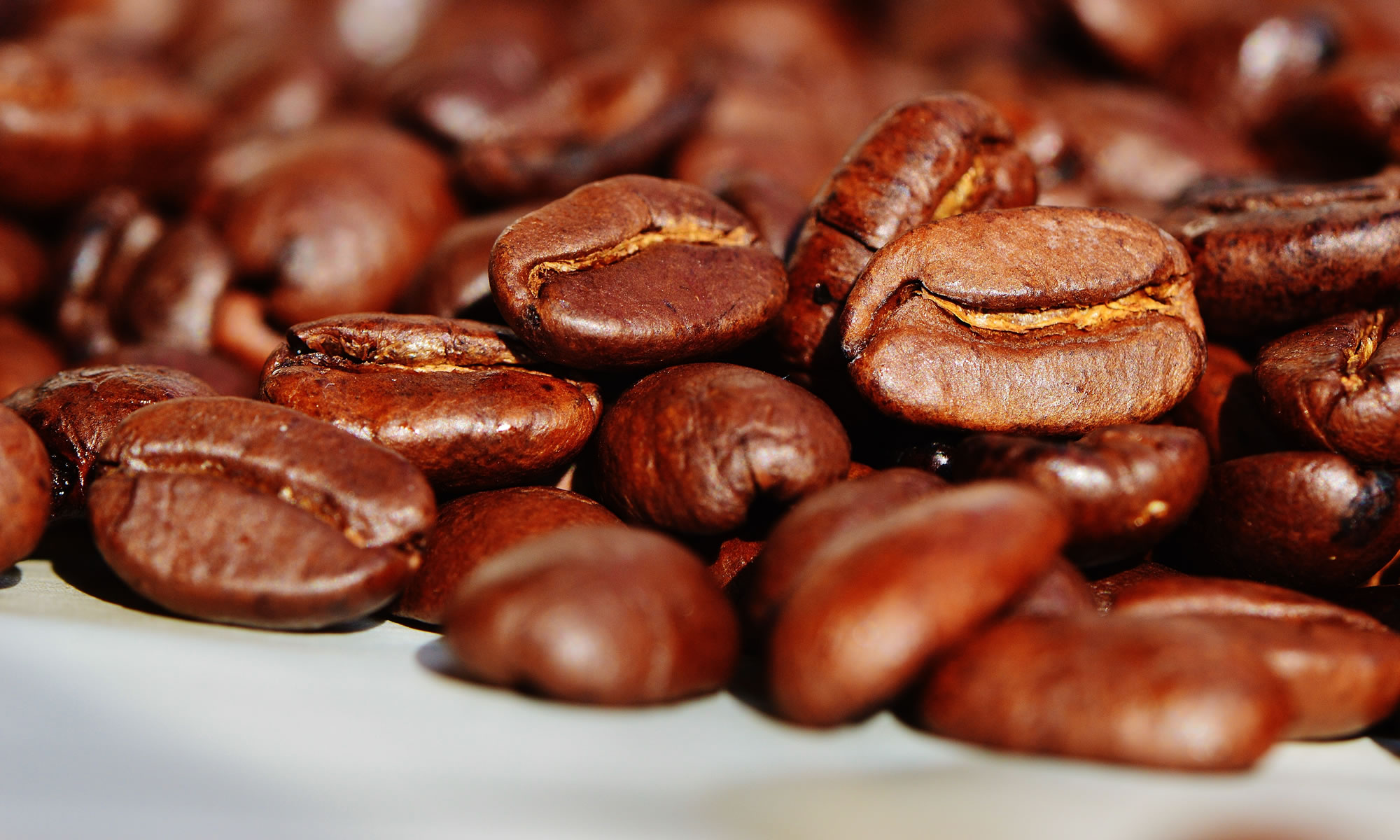
I do like roast potatoes and after trying many different varieties and techniques I believe I have now got a repeatable recipe and process for perfect roast potatoes.
Firstly you need to use the right kind of potatoes. It’s not as simple as buying any kind, the cheapest or whatever.
I have in the past used King Edward potatoes which have worked, but more recently I have found Maris Piper to be a better choice.
After peeling and cutting into chunks the potatoes are blanced in boiling water for about 7-10 minutes depending on the size of the chunks. Now the size if dependent on how you like your roast poatoes and how long you have to cook them. Obviously smaller chunks means a shorter cooking time, whilst larger chunks though take longer are preferred by some people.
While the potatoes are blanched, place the roasting tray into the oven, with a good splash of olive oil. Now you can use goose fat, and I have done in the past, but I am now using olive oil. You could use sunflower oil. I avoid butter generally because it burns and adds a bitter taste. The key here is to heat the pan and the oil.
After blanching the potatoes, drain and the key here is to let the heat dry the potatoes. If they go into the pan “wet” they won’t crisp up well.
The next stage is to slightly “bash” the potatoes by shaking the colander or sieve, this will aid the crisping process too. Then remove the roasting pan from the oven and add the potatoes, turning them and maybe a little more “bashing”. You could add some flavouring, fresh sprigs of rosemary works well. You should also ensure that the potatoes are not too crowded, in other words they need air to be crisp.
Cook for 30-45 minutes depending on the size of the chunks, if you have parmentier sized chunks cooking time could be as low as 20 minutes. It is a good idea to turn the potatoes half way through to ensure a more even crispness.
The end result should be tasty, crisp potatoes with a fluffy centre.
That’s my recipe for roast potatoes, what’s yours?

** In the 18th century, the potato [was] considered unfit for human consumption [in many parts of Europe, including France]. Neither the rich nor the poor (who die of hunger [nevertheless]) do not want [potatoes] at their table.
Antoine Parmentier is remembered for popularising the use of potatoes throughout french cuisine. Many classical dishes are named after him. Potage Parmentier (Leek and potato soup) and pommes parementier to name just two. When training young chef, they are taught that anything referred to as ‘parmentier’ is based on potato. Pommes Parmentier are traditionally diced (0.5″ dice) and shallow fried.
In early days of french cuisine, (1765), ***an innkeeper named Boulanger is said to have used sheep’s feet to flavor his soups which he sold as restorantes. However, the term ‘boulangere’ when applied to potatoes, usually refers to the tradition of villagers taking trays of savoury potatoes to be cooked in the dying heat of the local baker’s oven. Boulanger = Baker.
Refs:
http://en.wikipedia.org/wiki/Antoine-Augustin_Parmentier
http://www.flickr.com/photos/vancayzeele/3288714872/ **
http://www.food-links.com/countries/france/french-gastronomy.php ***
http://www.funtrivia.com/en/subtopics/Eat-and-Drink-Your-Words-329065.html